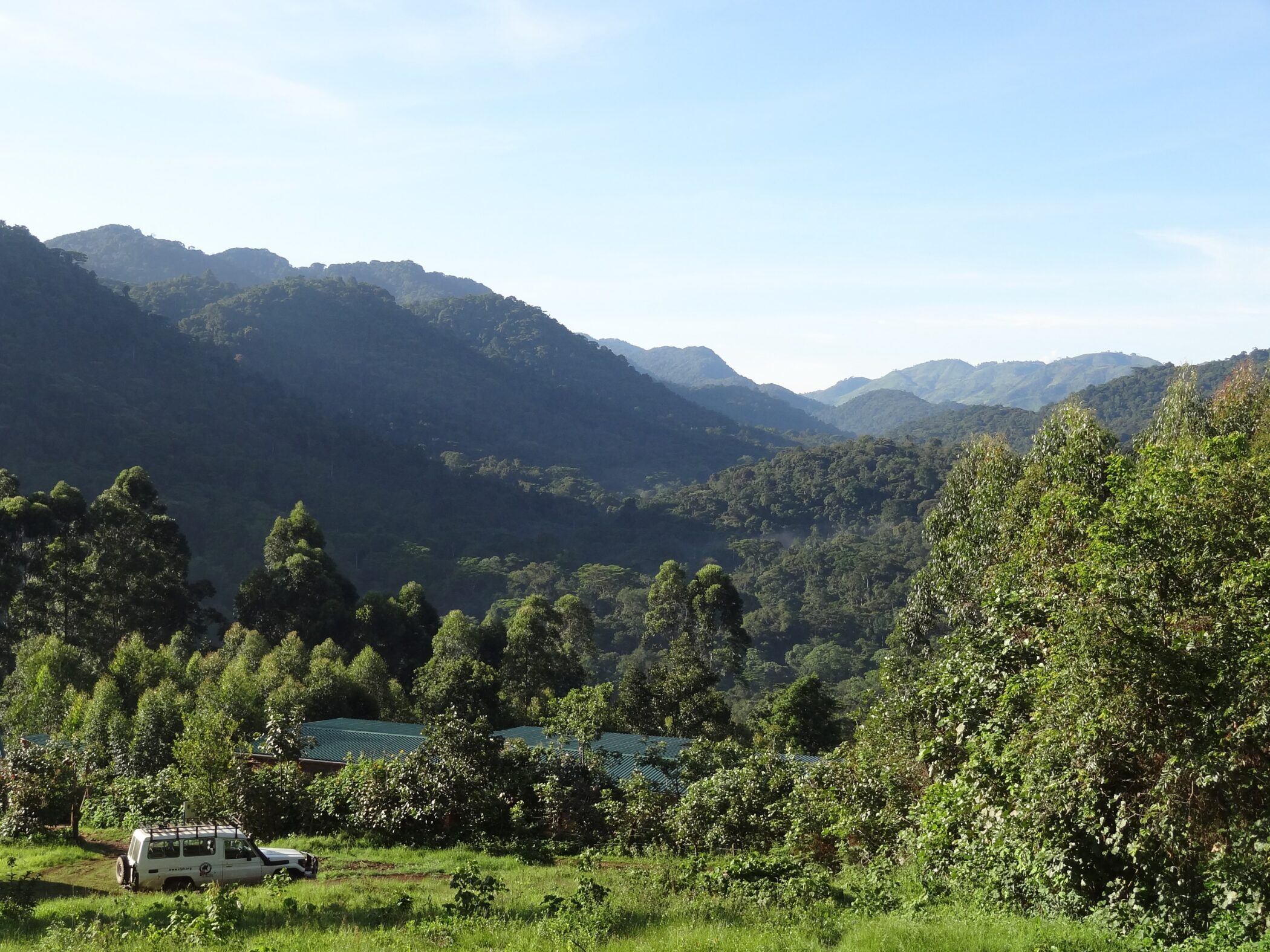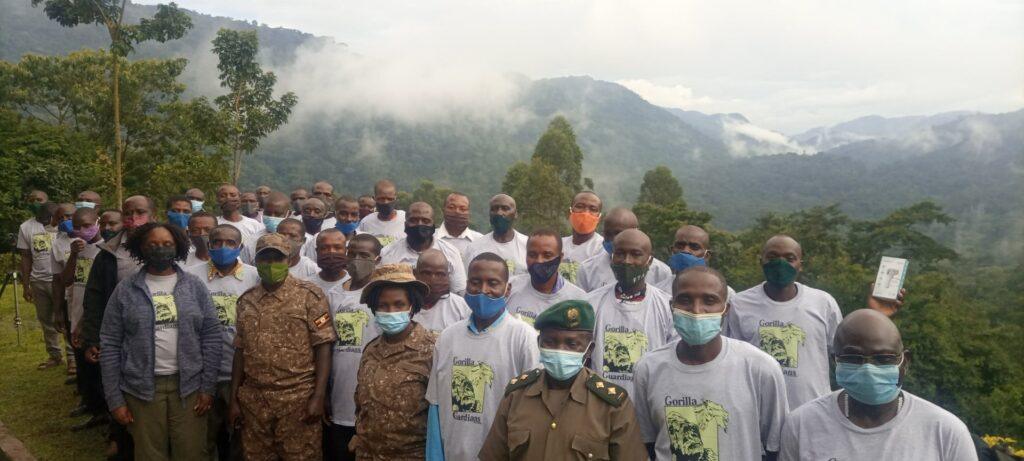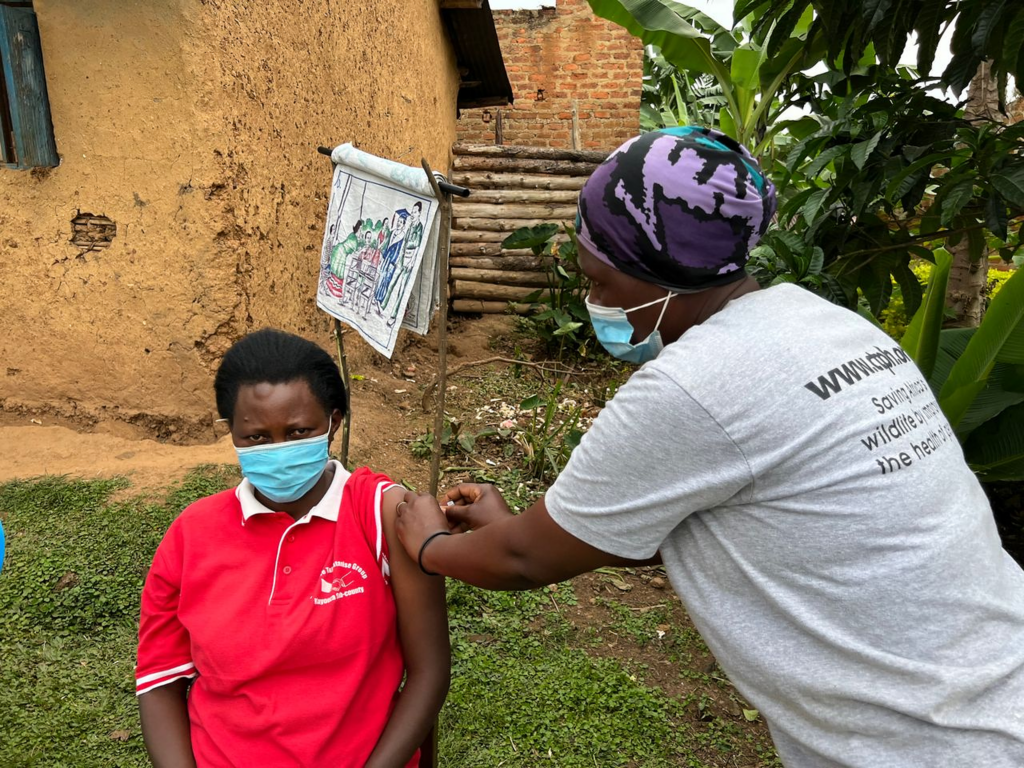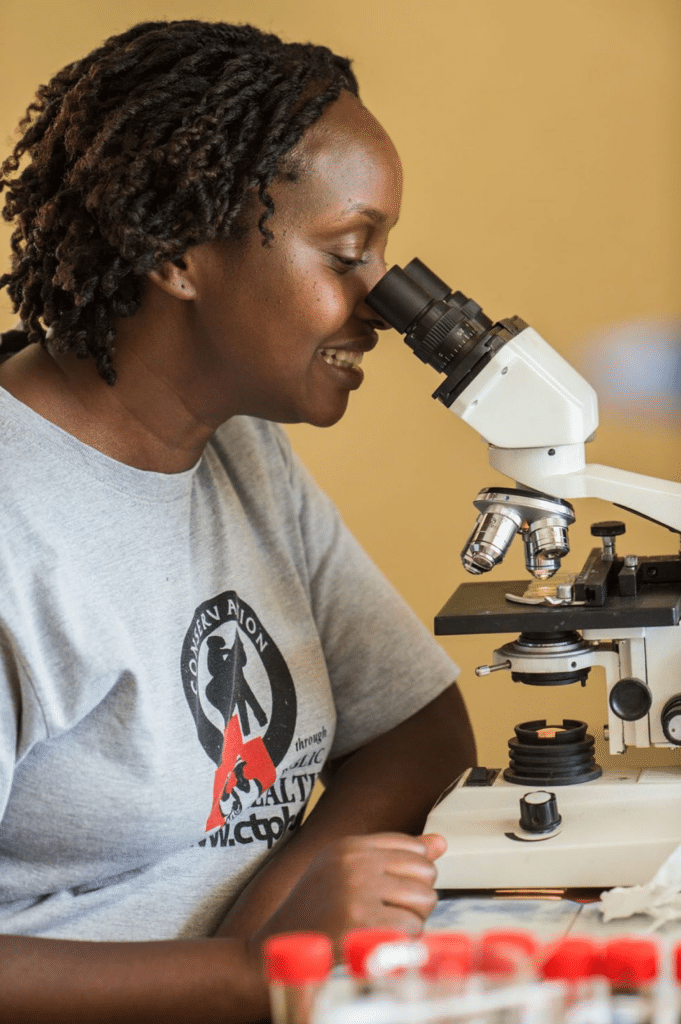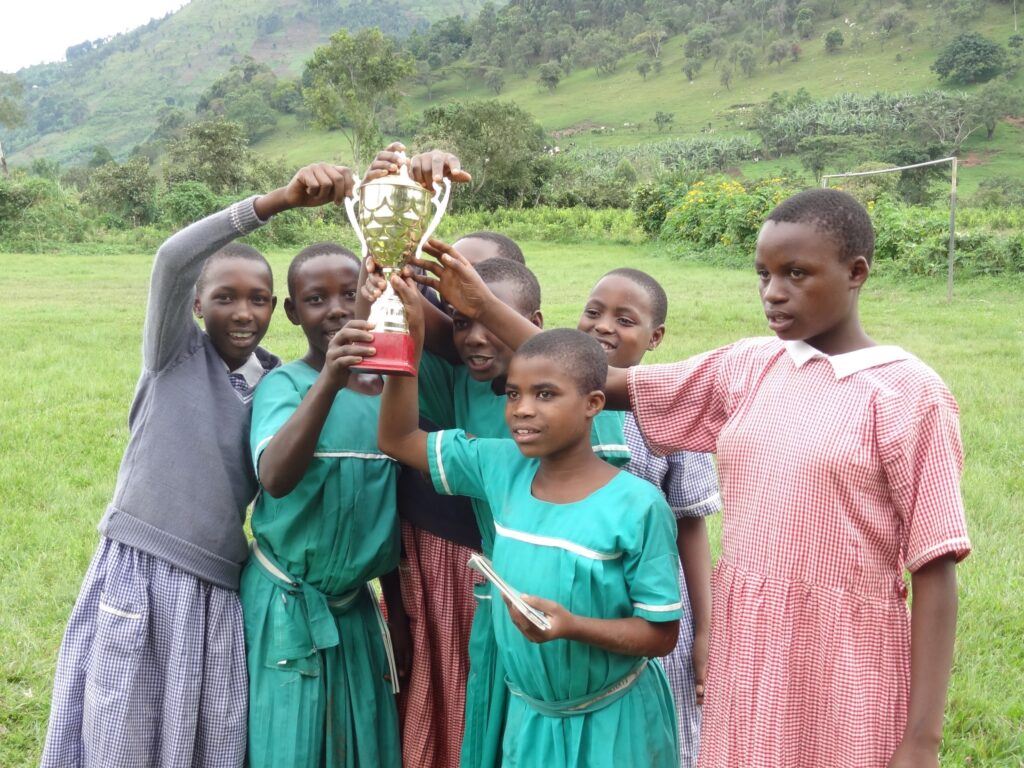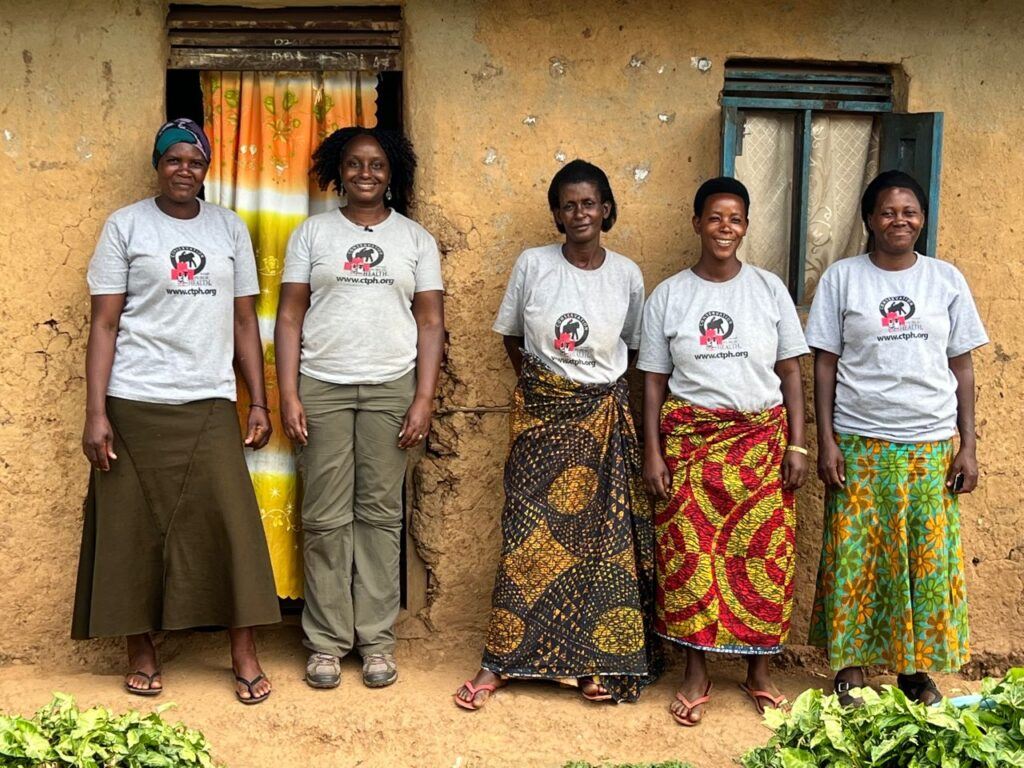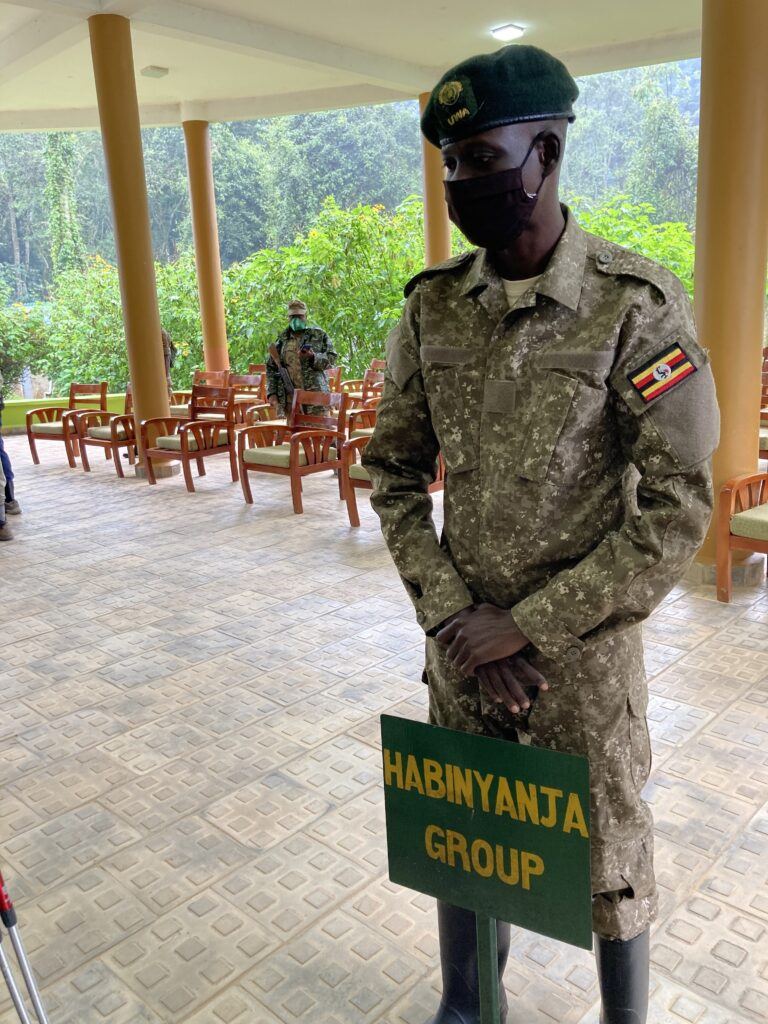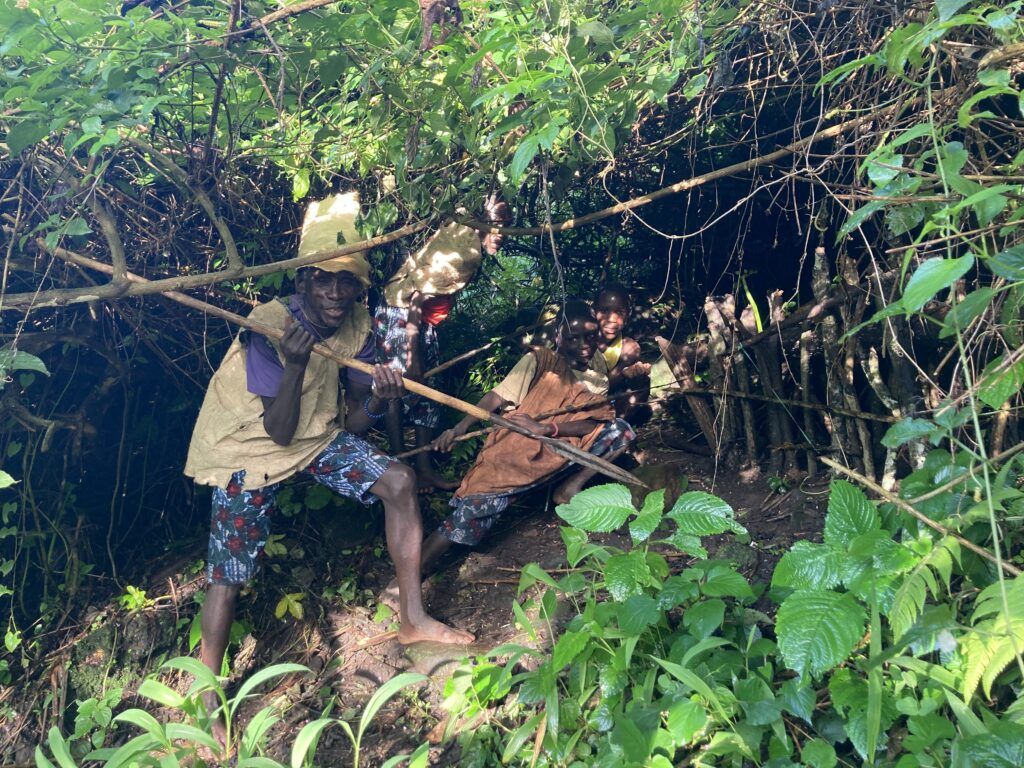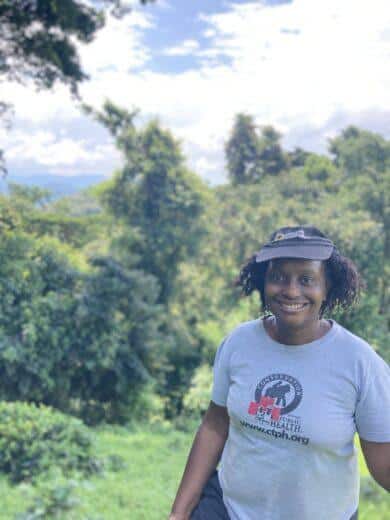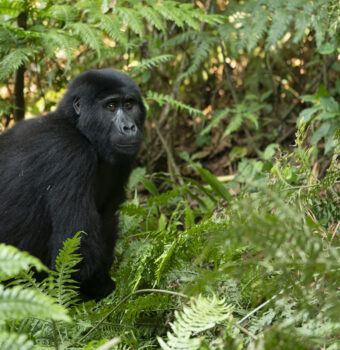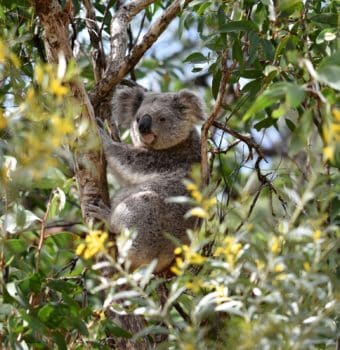When you get involved, donate, or spread the word on social media, you are truly making a better world for gorillas and the communities that live alongside them. Here’s a few ways you can help:
Connect with Conservation Through Public Health on social media to learn more about their work and be a voice for mountain gorillas.
Visit the Conservation Through Public Health’s website and sign up for their newsletter to deepen your connection with conservation.
VISIT WEBSITE
You can also help by purchasing Gorilla Conservation Coffee, staying at the CTPH Gorilla Conservation Camp Lodge outside of Bwindi Impenetrable National Park, or volunteering, interning, and helping with research.
Donate to support their work protecting gorillas in the wild. Through our donation model, 100% of your donation goes to field with zero taken for overhead or administration.



